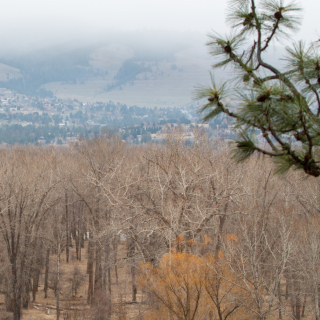Biohazardous Waste Disposal
All biohazardous waste must be disposed of by one of the following means. There are no exceptions. Call Environmental Health at 243-6670 to coordinate free pick up of your biohazardous waste.
Sharps
All sharps must be collected in durable containers for offsite disposal with our biohazardous waste contractor. Special heavy wall red plastic biohazardous sharps containers, coffee cans or other puncture proof, stiff walled containers may be used for sharps collection. Plastic milk bottles, cardboard boxes or other containers that are likely to allow a needle to penetrate the container walls during handling may NOT be used. Under no circumstances may sharps be disposed of in the normal trash.
Liquid Blood or other body fluids
Liquid blood or other body fluids may be disposed of down the drain. If you know these materials contain agents that are infectious via airborne transmission, you should disinfect them with a bleach solution prior to drain disposal.
Solid Biohazardous Waste
Solid biohazardous waste such as used bandages, gloves, counter pads, disposable labware pipette tips etc. may be treated in several different ways.
Small quantities may be chemically disinfected and disposed of in the normal trash as long as no appreciable free liquid is present.
Dry waste may be autoclaved and disposed of in the normal trash if the biohazard symbol is defaced on the bag prior to disposal. If biohazard bags are used that auto indicate that acceptable temperatures have been attained, then the bags and contents may be disposed of without manually defacing the biohazard symbol.
Dry waste, like sharps may be disposed of through our offsite biohazardous waste contractor. NEVER put sharps in a biohazardous waste bag. You or someone else may experience a needle stick through the bag if all sharps are not contained as outlined above.
